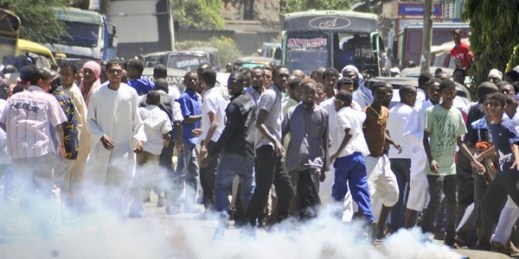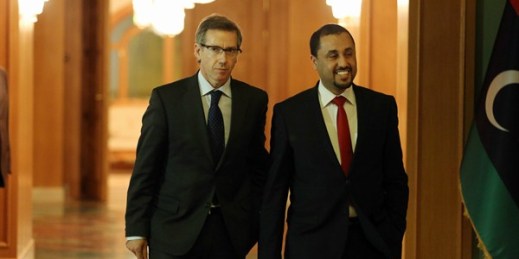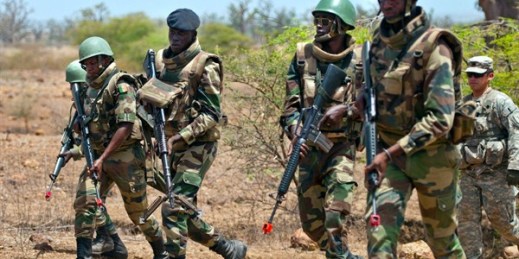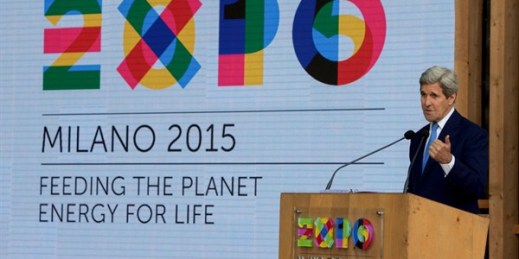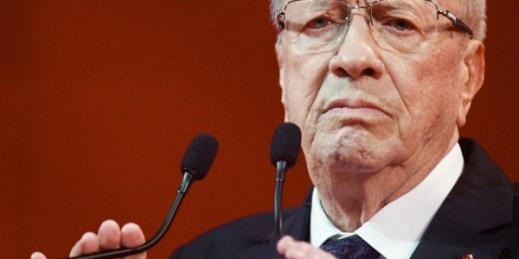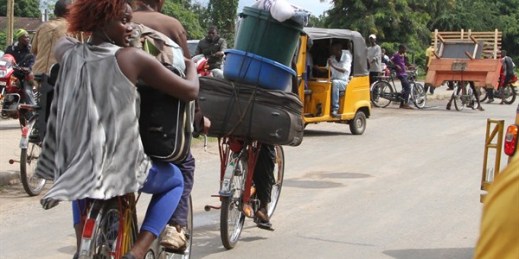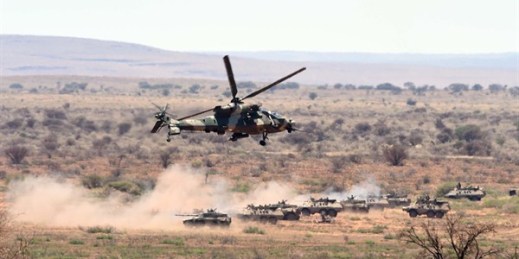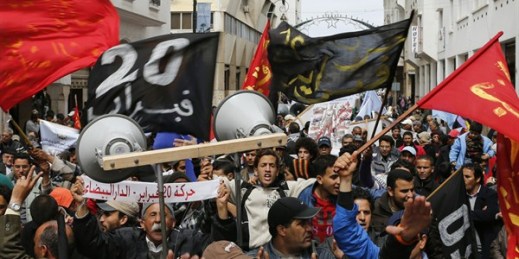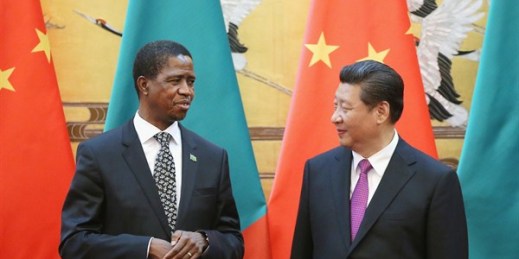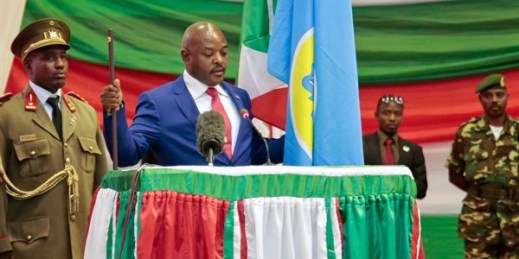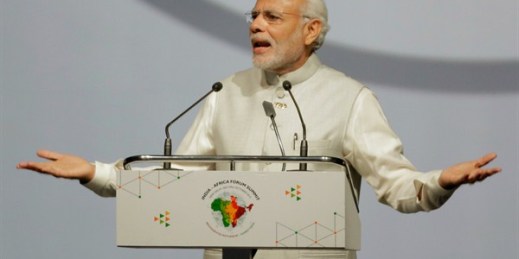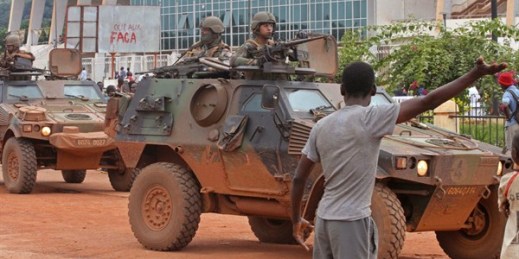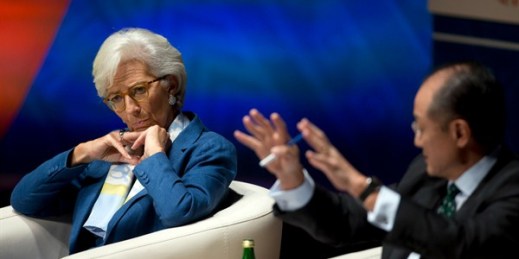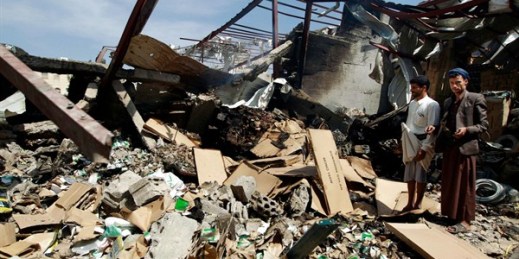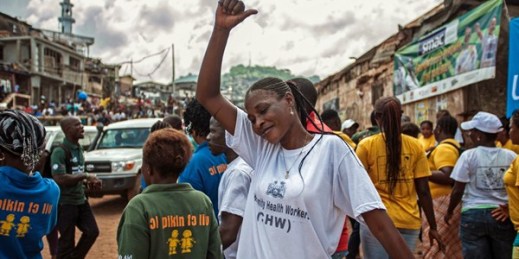
The Ebola outbreak in West Africa, it seems, is nearly over. On Nov. 6, the World Health Organization (WHO) announced that Sierra Leone had gone 42 days without any new cases of Ebola and officially declared the country Ebola-free. Two months earlier, on Sept. 3, the WHO made a similar declaration for Liberia—though the disease reappeared there on Nov. 20. Guinea has gone more than two weeks without any new cases, raising hopes that it, too, will soon cross the 42-day threshold to being free of Ebola. When this current Ebola epidemic ends, it will have the dubious distinction of […]

